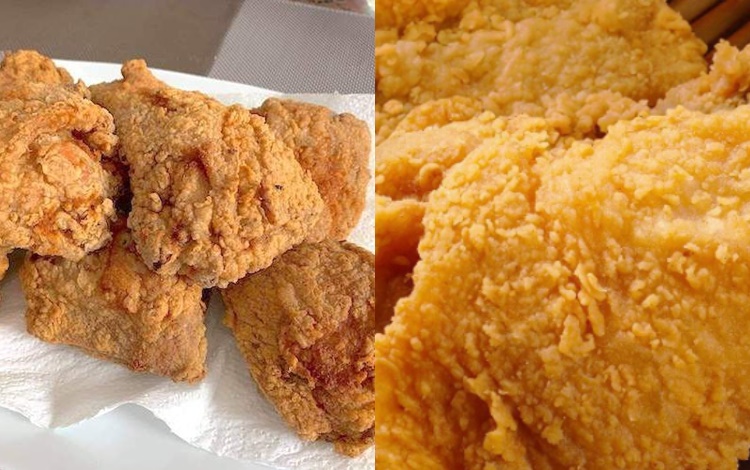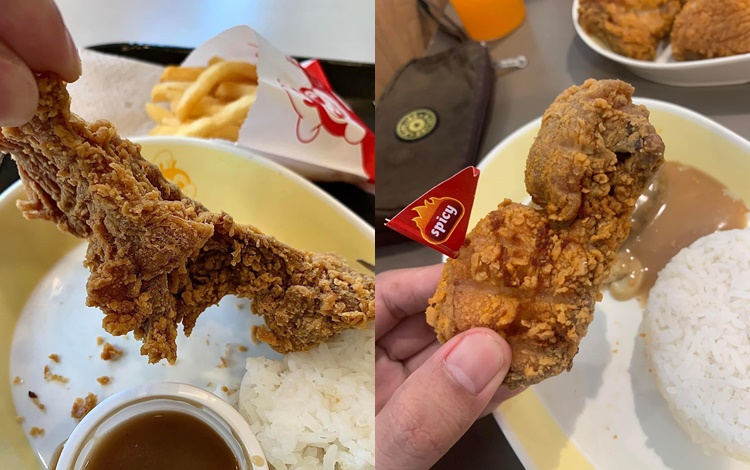Once again, Filipino netizens have taken to social media platforms to express their disappointment and frustration over the diminishing size of Jollibee’s iconic Chickenjoy. The outcry underscores a growing sentiment among consumers who feel marginalized by the fast-food giant’s apparent neglect of its Filipino market.

In a recent wave of online protests, users have urged fellow Filipinos to boycott Jollibee until the company addresses their grievances. One frustrated netizen exclaimed, “I encourage everyone NOT TO EAT JOLLIBEE until they realize that their main market is us…FILIPINOS!” This call for action reflects a broader sentiment of discontent with Jollibee’s perceived disregard for its local customer base.
Central to the backlash is the perception that Jollibee prioritizes its international markets over its Filipino patrons. Many have lamented the shrinking portion sizes and declining quality of food served in local branches. What was once a source of pride and joy for Filipinos has now become a source of frustration and disillusionment.
One netizen aptly captured the sentiment, stating, “Their food servings here suck, taste no longer the same, and the price is no longer makamasa.” The sentiment echoes a common complaint among consumers who feel that Jollibee’s offerings have strayed from their roots, both in flavor and affordability. For many, the iconic “Bida ang Saya” slogan feels increasingly disconnected from the reality of their dining experiences.

While some may dismiss these grievances as trivial, they underscore a deeper concern about access to affordable and satisfying meals, particularly among lower-income families. As one concerned individual pointed out, “I don’t eat Jollibee that much, so I am not that affected, but I care for these kids who want to eat but their parents could no longer afford it.”
Jollibee occupies a unique place in Filipino culture, serving as more than just a fast-food chain but as a symbol of home and community. As such, the call for improvement goes beyond mere dissatisfaction with food quality; it speaks to a desire for Jollibee to uphold its commitment to Filipino consumers.
In response to the outcry, Jollibee faces mounting pressure to reassess its food servings, customer service, and pricing strategies. Failure to address these concerns risks further alienating its core customer base and tarnishing its reputation as a beloved Filipino institution.
